
- support
- info@evidentic.com
- +49 (0) 30 959 99 8831
First detected in Botswana and South Africa, the new variant of SARS CoV-2, B.1.1.529 Omicron, was designated as a variant of concern (VOC) by the World Health Organization (WHO) on November 26, 2021. To date, it has proven to be the most transmissible, spreading across the globe and becoming predominant in every part of the world. Scientists predict the environment may be ideal for viral adaptability. It is said that the rate of variant evolution peaks along its predicted bell curve when both immune pressure (from vaccines) and viral abundance are moderate.
Two significant mutations observed in the Omicron variant may boost the spike protein’s affinity for angiotensin‐converting enzyme 2 (ACE2), adding to the current worry. The virus’s capacity to bind to ACE2 continues to be a key factor in its pathogenicity. Omicron has mutations associated with both transmissibility and immune evasion, thus a combination of the two factors may contribute to Omicron’s claimed superiority over other strains.

The current approach to COVID-19 disease management relies mostly on symptomatic and supportive therapy. Drugs for prophylactic treatment or preventing adverse effects are still in the works. In such a scenario, anti-virus monoclonal antibodies are considered one of the most preferred treatment techniques for preventing viral reproduction and death in this pandemic. In the case of other listed SARS-CoV-2 VOCs, including the delta variant, the different cocktail and monoclonal antibody therapies such as Casirivimab and Imdevimab cocktail and Bamlanivimab and Etesevimab had shown to be effective.
Read more about Therapeutic Antibodies for COVID-19
Therapeutic Antibodies for COVID-19Although, presently, most of the approved monoclonal antibodies have shown diminishing results against Omicron. Sotrovimab is a monoclonal antibody that the WHO suggested in September 2021 as an alternative to Casirivimab-Imdevimab cocktail. Monoclonal antibodies are still being studied for their efficacy against Omicron, but preliminary laboratory findings reveal that Sotrovimab retains its action. Sotrovimab was approved for use and is only given to COVID-19 patients at high risk of severe illness leading to hospitalization, including the elderly, cancer patients, immunosuppressed individuals, those undergoing chemotherapy or dialysis as well as transplant recipients. It is administered intravenously. Like many other SARS-CoV-2 monoclonal antibodies in development, Sotrovimab targets the highly conserved sections of the Spike protein. This approach aims to develop pan-variant neutralizing therapies.
Even though Omicron is more transmissible than delta and resistant to most vaccinations and monoclonal antibodies, we still have at least two authorized monoclonal antibody treatments- Sotrovimab and Evusheld. FDA has indicated Sotrovimab, manufactured by GSK, against mild-to-moderate COVID-19 affected adults and children. Whereas, Evusheld (Tixagevimab co-packaged with Cilgavimab) from AstraZeneca is approved for emergency use as COVID-19 pre-exposure prophylaxis in adults and children (12 years of age and older weighing at least 40 kg). Contrary to what we thought earlier in the pandemic, those infected with early strains of the virus can be reinfected with Omicron and future strains. SARS-CoV-2 would persist, evolve, and elude our innate and adaptive immune responses, as we predicted previously.
SARS-CoV-2 has also been discovered to have the potential to become substantially more lethal than it is now; therefore, more promising monoclonal antibodies with different therapeutic strategies are in demand. One such is the S2K146 antibody, a molecular mimic of the ACE2 receptor that has been shown to retain neutralization by recognizing receptor-binding domain (RBD) antigenic sites conserved in Omicron. However much the virus may mutate, the spike protein must bind to ACE2 itself to initiate infection. Hence more such ACE2 antibodies in the future, some with binding affinities that exceed that of S2K146, should undergo more validation experiments in vivo to support this conclusion and inform clinical decisions.
Recently, according to the researchers, another monoclonal antibody named CV3-1 causes the S1 protein to be prematurely released from the virus surface, rendering it incapable of infection. To put it another way, the antibody imitates ACE2 binding and sets up a trap for the virus before it can enter the cell. CV3-1 inactivates the virus early rather than inhibiting binding as S2K146 does. Whereas CV3–25, a monoclonal antibody, can recognize the S2 domains derived from several β-coronaviruses meaning that the antibody recognizes a linear epitope. Here, a three-dimensional conformation is not required for binding. The ability of the antibody to bind and neutralize the virus via a linear epitope presents the intriguing idea of developing a vaccine based on the linear peptide that guides the immune response to this conserved neutralizing region, as the authors indicate.
Evidentic is a company providing original biologics as research consumables for academic research and new drug development. Purchase aliquots of licenced SARS-CoV-2 neutralizing and immuno-modulatory therapeutic mAbs for analytical, in-vitro, and in-vivo research.

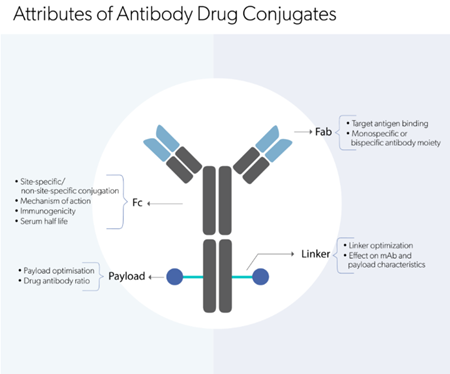
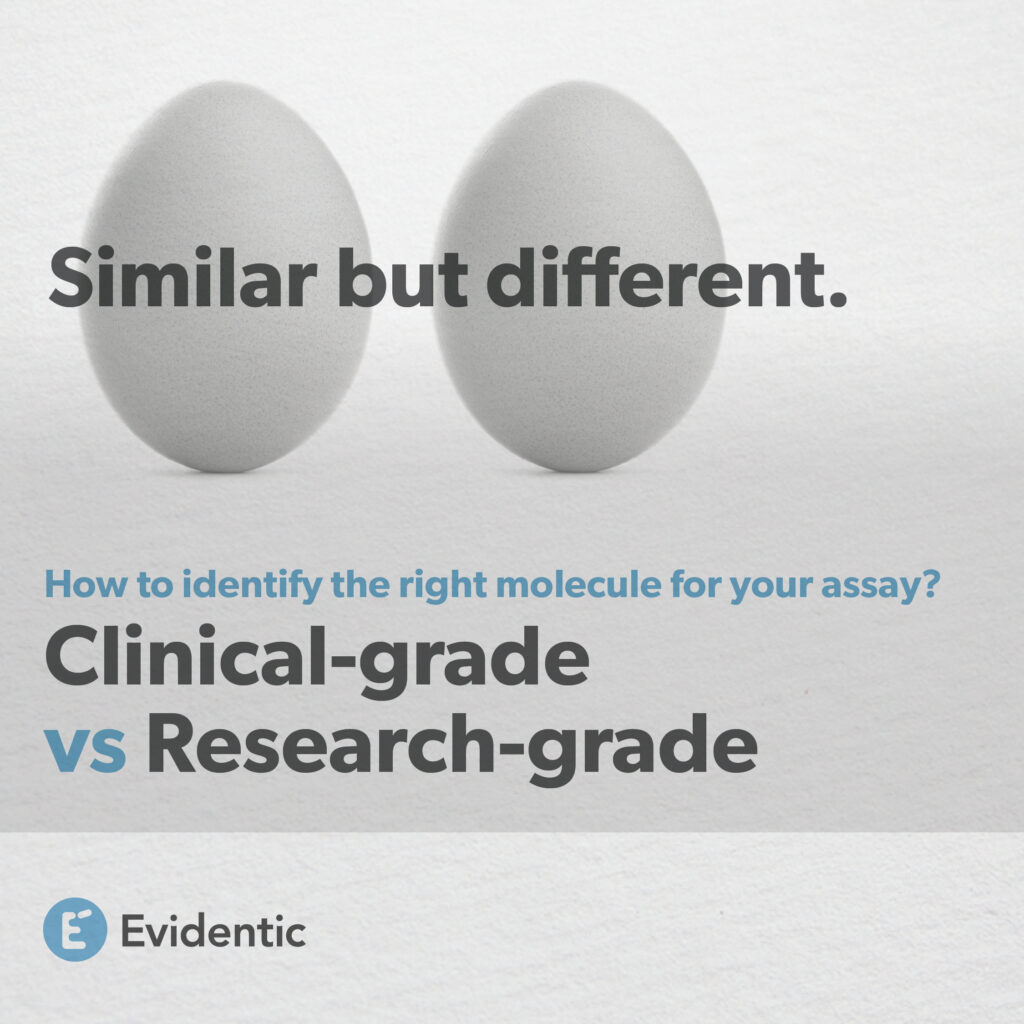
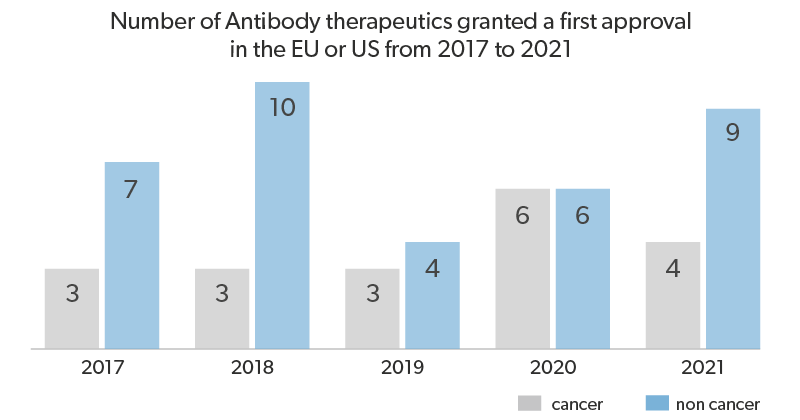
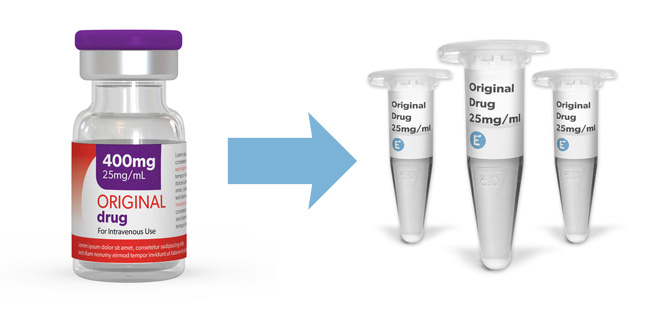
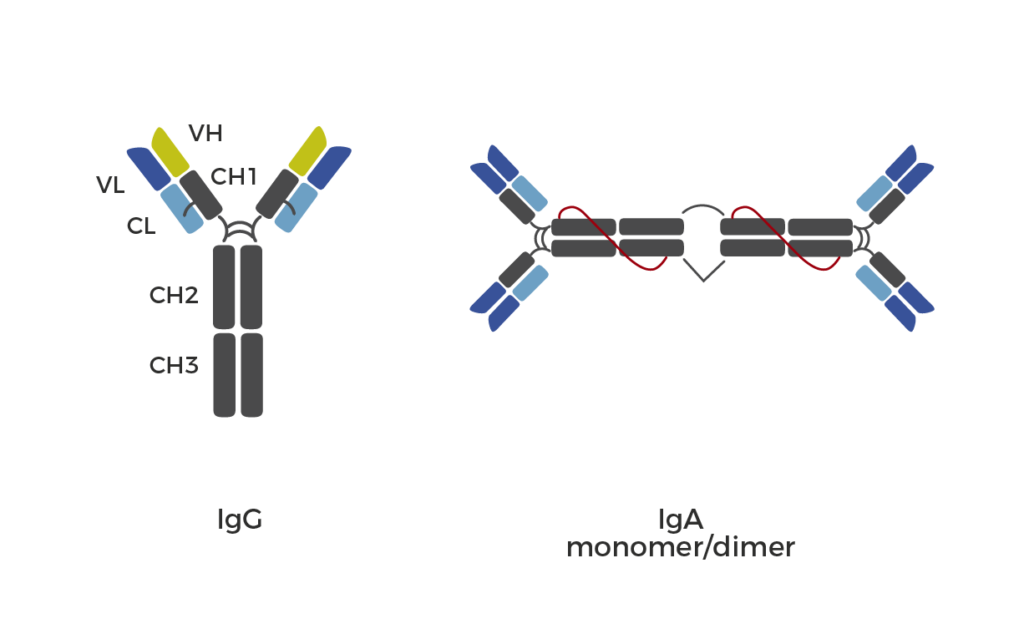
Evidentic GmbH
Martin-Buber-Str. 10
14163 Berlin